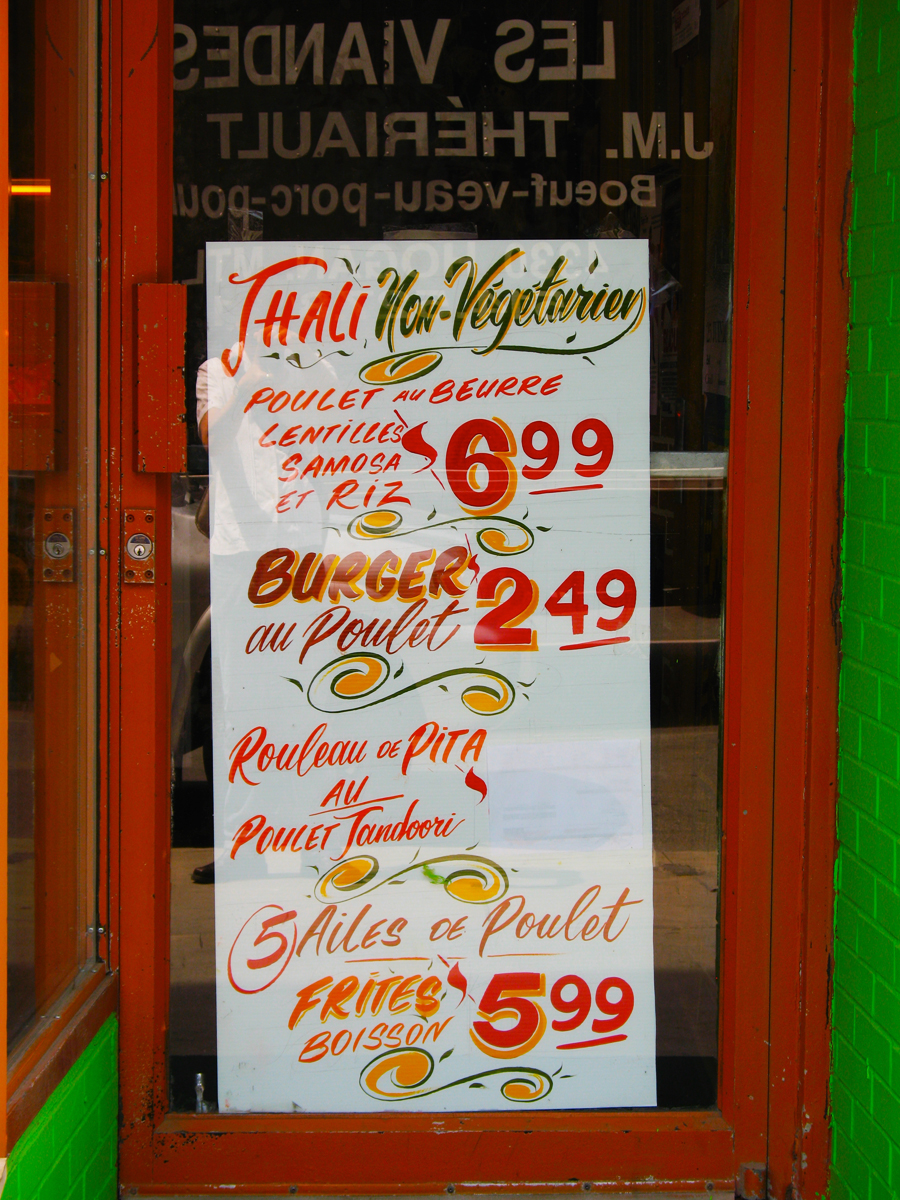LGAR - Land grabs, the agrarian question and the corporate food regime
DOI :
https://doi.org/10.15353/cfs-rcea.v2i2.94Mots-clés :
food regimes, land grabbing, agrarian questionRésumé
Over the last decade civil society organizations and activist-scholars have pointed to “land grabbing” as one of the central issues to have emerged in the world food system. In particular, land grabbing was identified as a new and immediate international development issue by the non-governmental organization GRAIN in 2008 (www.farmlandgrab.org). Since that time land grabbing has generated a voluminous literature of a highly variable quality—some scholarship is outstanding and some is shoddy (Oya, 2013). This contribution seeks to clarify what constitutes land grabbing and why it takes place, as well as the key challenge that scholars and civil society activists face in confronting land grabbing in the context of the question of feeding the world. The central argument is that when a structuralist political economy is used to interpret the land grab phenomenon, it becomes analytically clear that contemporary land deals demonstrate that dispossession by displacement, or what has historically been known as the “so-called primitive accumulation”, has been resurrected as an accumulation strategy of global capitalism witnessing, for the first time in decades, the limits to the market. It is an accumulation strategy that cannot, however, deliver food justice or deal with the climate emergency.
Téléchargements
Publié-e
Comment citer
Numéro
Rubrique
Licence
Les auteurs qui publient avec cette revue acceptent les conditions suivantes: Les auteurs conservent les droits d'auteur et accordent à la revue le droit de première publication avec l'œuvre sous licence simultanée Creative Commons qui permet à d'autres de partager l'œuvre avec une reconnaissance de la paternité de l'œuvre et de la publication initiale dans cette revue. Les œuvres publiées dans RCÉA/CFS avant et incluant le vol. 8, n° 3 (2021) sont sous licence Creative Commons CC BY. Les œuvres publiées dans le vol. 8, n ° 4 (2021) et après est sous licence Creative Commons CC BY-SA. Les auteurs peuvent conclure des accords contractuels supplémentaires séparés pour la distribution non-exclusive de la version publiée de l'ouvrage par la revue (par exemple, l'ajouter à un dépôt institutionnel ou le publier dans un livre), avec une reconnaissance de sa publication initiale dans ce journal. Les auteurs sont autorisés et encouragés à publier leurs travaux en ligne (par exemple, dans des dépôts institutionnels ou sur leur site Web) avant et pendant le processus de soumission, car cela peut conduire à des échanges productifs, ainsi qu'à une citation plus précoce et plus importante des travaux publiés. (En savoir plus sur le libre accès.)





